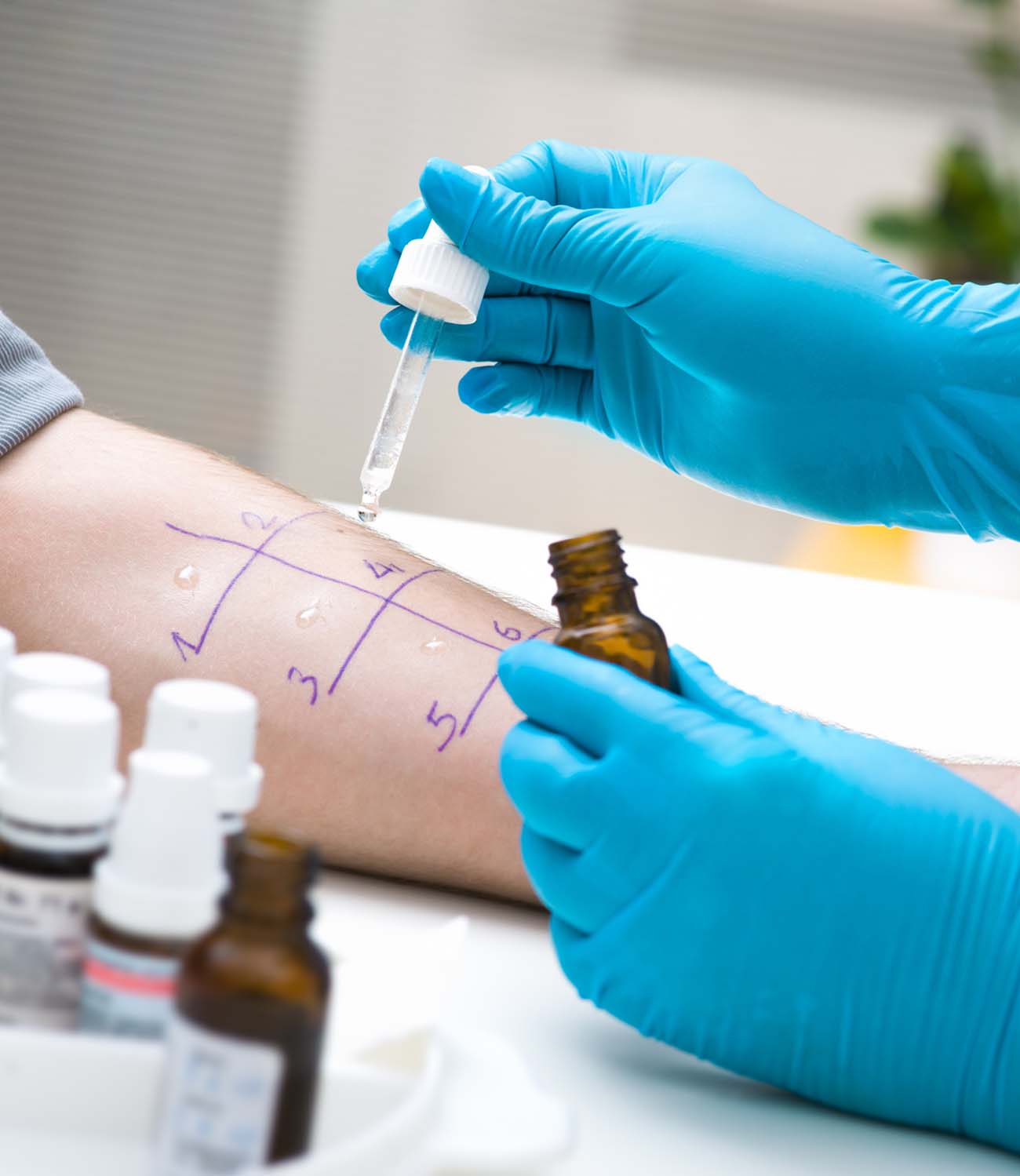Diagnostics
A painless and reliable allergy test
Researchers at the University of Bern and Inselspital have developed a test that massively simplifies the diagnosis of allergies and can reliably predict the success of a therapy.
Although allergies are widespread, their diagnosis is complex and, depending on the type of allergy, the prospects of success with therapy are not always clear. Skin tests so far have been unpleasant, time-consuming, and associated with a certain risk of triggering an allergic overreaction.
Now, a group led by Noëmi Zbären and Alexander Eggel of the Department for BioMedical Research (DBMR) at the University of Bern and the Department of Rheumatology and Immunology, Inselspital, Bern University Hospital, together with Thomas Kaufmann from the Institute of Pharmacology at the University of Bern, has developed an allergy test based on in vitro cell cultures that is painless and harmless. In the future, allergy tests will be able to be performed in test tubes instead of on the skin. The novel test greatly simplifies diagnosis and can also reliably predict the success of immunotherapy.
The new diagnostic method has given rise to a spin-off from the University of Bern, Atanis Biotech, founded jointly by Zbären, Eggel and Kaufmann. This took first place at the STAGE UP 2022 Bern Business Creation Competition.
Learn more
Department for BioMedical Research (DBMR)
The Department for BioMedical Research (DBMR) of the Faculty of Medicine at the University of Bern was established in 1994 by the University of Bern and Inselspital, Bern University Hospital. The DBMR is comprised of 13 research programs with approximately 100 participating individual labs and several independent research labs whose research spans across all biomedical fields. In order to bridge the gap between bench and bedside, the DBMR promotes an integrative perspective to clinical research with a strong emphasis in the development of translational approaches, the use of omics and other cutting-edge technologies, as well as extensive interaction and collaboration between laboratory-based and patient-oriented clinical research. The DBMR is also committed to fostering the careers of young academics.
